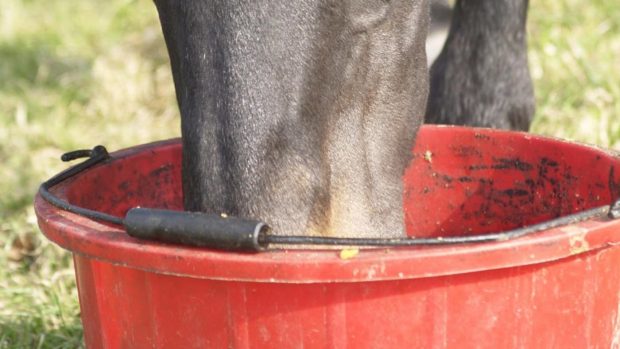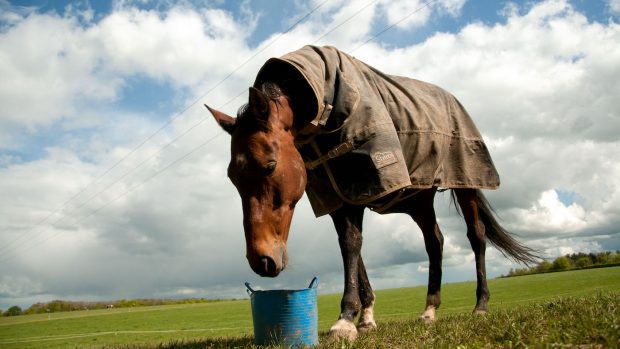The term GMO (Genetically Modified Organism) describes seeds and crops which have been manipulated by enhancing or inserting genes to produce characteristics – often linked to disease or pesticide resistance – that are not preset following normal plant breeding and crossing (hybridisation).
GM technologies are widespread, with the most frequently grown crops being soya, maize, rapeseed and cotton. In 2003, GM plants were produced in 18 different countries, covering a land area of 70 million hectares (the vast majority in the Americas). In fact, 80% of American and Canadian – and 95% of Argentine – soya bean crops are GM.
The situation in Europe is very different: only a small amount of GM yellow maize was grown before a recent ruling which approved the growing of forage maize in the UK. Forage maize is commonly used for feeding dairy cows, but is extremely rare as a horse feed.
Changes to the way human and animal feeds are labelled within the EU with respect to GMOs have also been made recently.
Feed products and additives now have to be labelled as containing GMOs if they contain, consist of or were produced from a GMO. Products with traces of GMOs below a defined threshold – set at 0.9% – do not have to be labelled if it can be shown that the traces were technically unavoidable, for instance from cross-contamination.
To guarantee this, a complex paper trail of traceability, known as “identity preserved”, has to be in place, but it is estimated that only about 5% of soya imported into the EU meets these criteria. As a result, feeds made with soya and maize products are increasingly likely to come from a GM-sourced crop.
Get to grips with GM
- Non-GM or GM-free? It is virtually impossible to claim a feedstuff is GM-free, as even with tight quality control, accidental contamination of a non-GM crop cannot be ruled out. Non-GM describes products from ingredients where every effort has been made to exclude GM material
- What is in UK horse feeds? Many of the main brands source non-GM material, even where the soya is from the Americas. Flaked maize is usually European, but some maize by-products can be from the US
- Can feed still be non-GM under the new legislation? If manufacturers adhere to the above guidelines, they can continue to state non-GMO on the packaging
- Does it matter? The issue usually arises only when owners wish to sell manure to organic farms. To maintain organic status, farmers need an assurance that the feeds being used are non-GM
|
||
 |
||


 Get up to 19 issues FREE
Get up to 19 issues FREE TO SUBSCRIBE
TO SUBSCRIBE 


